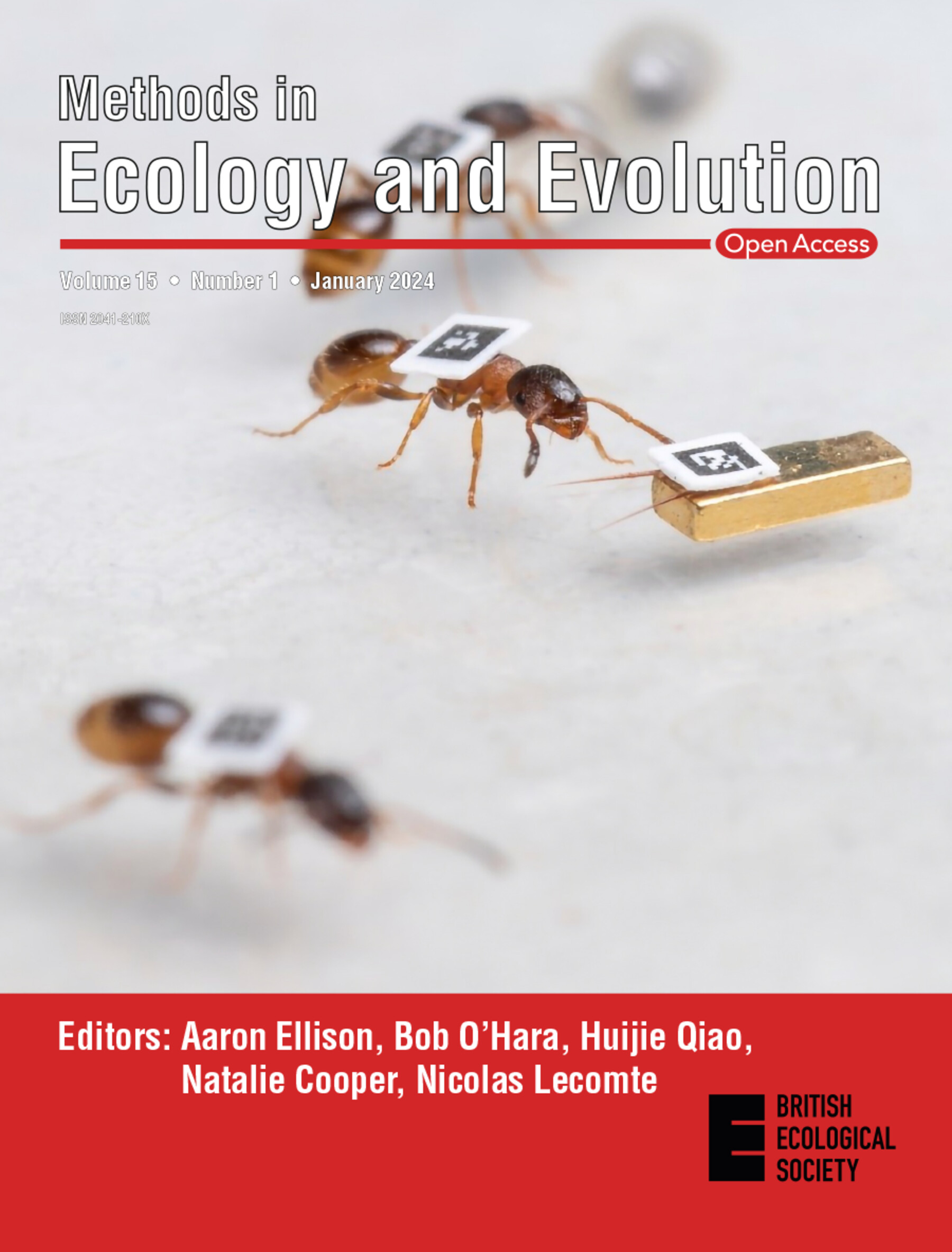Harnessing large language models for coding, teaching and inclusion to empower research in ecology and evolution
IF 6.3
2区 环境科学与生态学
Q1 ECOLOGY
引用次数: 0
Abstract
利用大型语言模型进行编码、教学和包容,增强生态学和进化论研究的能力
大型语言模型(LLM)是一种人工智能(AI),可以执行各种自然语言处理任务。由于可以使用 ChatGPT 等免费应用程序,大型语言模型在科学写作和分析中的应用日益突出。越来越多地使用 LLM 不仅引起了人们对学术诚信的关注,同时也为研究界带来了机遇。在此,我们将重点讨论在生态学和进化论中使用 LLMs 进行编码的机会。我们讨论了如何使用 LLM 生成、解释、注释、翻译、调试、优化和测试代码。我们还强调了编写有效提示和仔细评估 LLMs 输出的重要性。此外,我们还草拟了一份可能的路线图,以全面、完整地使用此类模型。LLM 可以加快编码过程,尤其是对于不熟悉的任务,并在提高效率和创造性产出的同时,为更高层次的任务和创造性思维腾出时间。本地化学习工具还能帮助没有编码技能、接受编码教育机会有限或英语不是主要书面或口语的个人,从而增强包容性。不过,本地语言学习工具生成的代码质量参差不齐,存在数学、逻辑、不可复制性和知识产权等问题;其中还可能包括错误和近似值,尤其是在新方法方面。我们强调了使用 LLMs 进行编码教学和学习的益处,并提倡指导学生适当使用人工智能工具进行编码。尽管可以将许多编码任务分配给 LLM,但我们也重申,教授编码技能对于解释 LLM 生成的代码和培养批判性思维能力仍然非常重要。作为 MEE 的编辑,我们在一定程度上支持在出版物中以透明、负责和公认的方式使用 LLM 和其他人工智能工具。如果稿件中描述的工作使用了LLM或类似的人工智能工具(不包括拼写检查器、Grammarly和Writefull等常用辅助工具),则必须在 "方法 "部分明确说明,并且通讯作者或资深作者必须对人工智能平台生成的任何代码(或文本)负责。
本文章由计算机程序翻译,如有差异,请以英文原文为准。
求助全文
约1分钟内获得全文
求助全文
来源期刊

Methods in Ecology and Evolution
ECOLOGY-
CiteScore
11.60
自引率
3.00%
发文量
236
审稿时长
4-8 weeks
期刊介绍:
A British Ecological Society journal, Methods in Ecology and Evolution (MEE) promotes the development of new methods in ecology and evolution, and facilitates their dissemination and uptake by the research community. MEE brings together papers from previously disparate sub-disciplines to provide a single forum for tracking methodological developments in all areas.
MEE publishes methodological papers in any area of ecology and evolution, including:
-Phylogenetic analysis
-Statistical methods
-Conservation & management
-Theoretical methods
-Practical methods, including lab and field
-This list is not exhaustive, and we welcome enquiries about possible submissions. Methods are defined in the widest terms and may be analytical, practical or conceptual.
A primary aim of the journal is to maximise the uptake of techniques by the community. We recognise that a major stumbling block in the uptake and application of new methods is the accessibility of methods. For example, users may need computer code, example applications or demonstrations of methods.
 求助内容:
求助内容: 应助结果提醒方式:
应助结果提醒方式:


